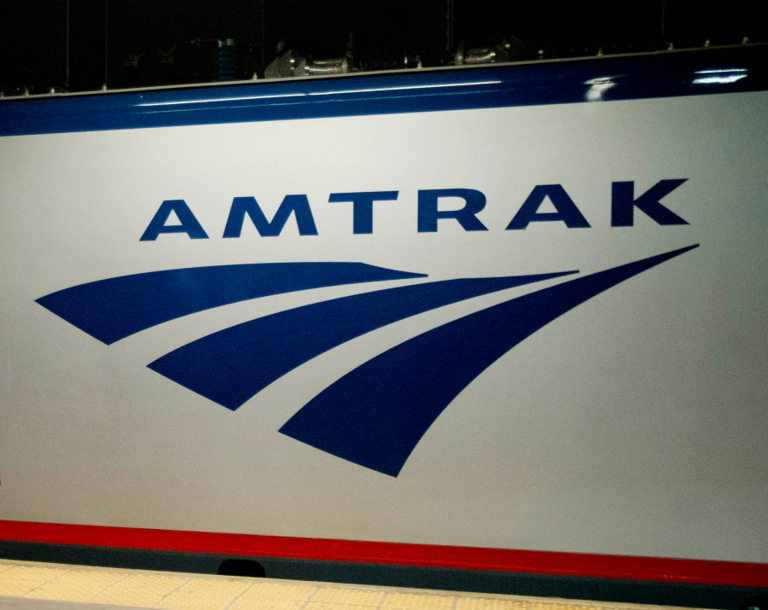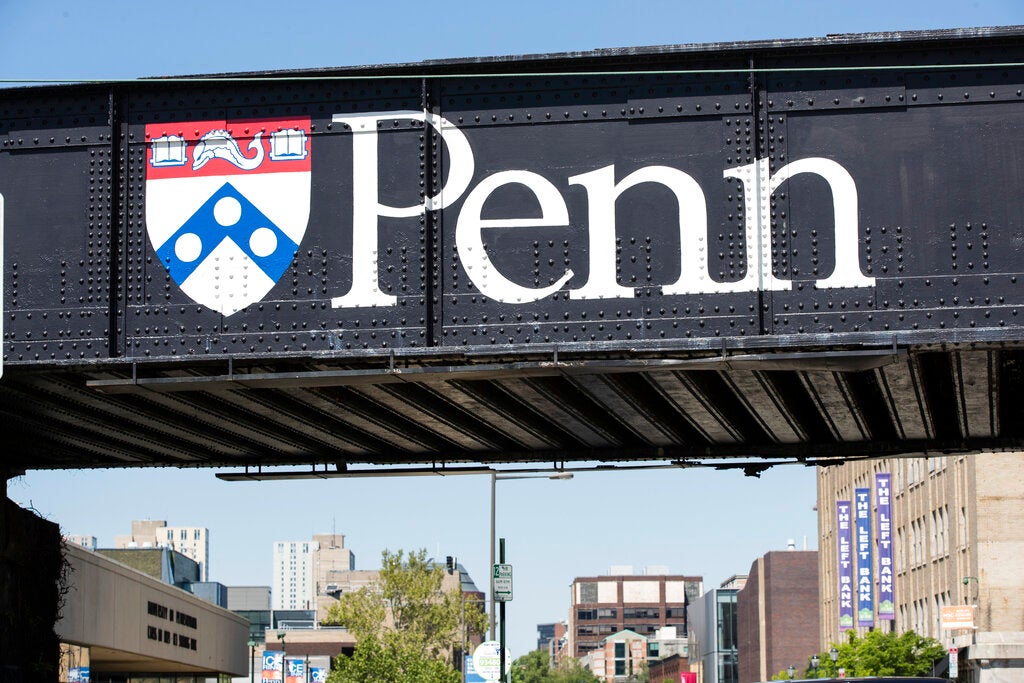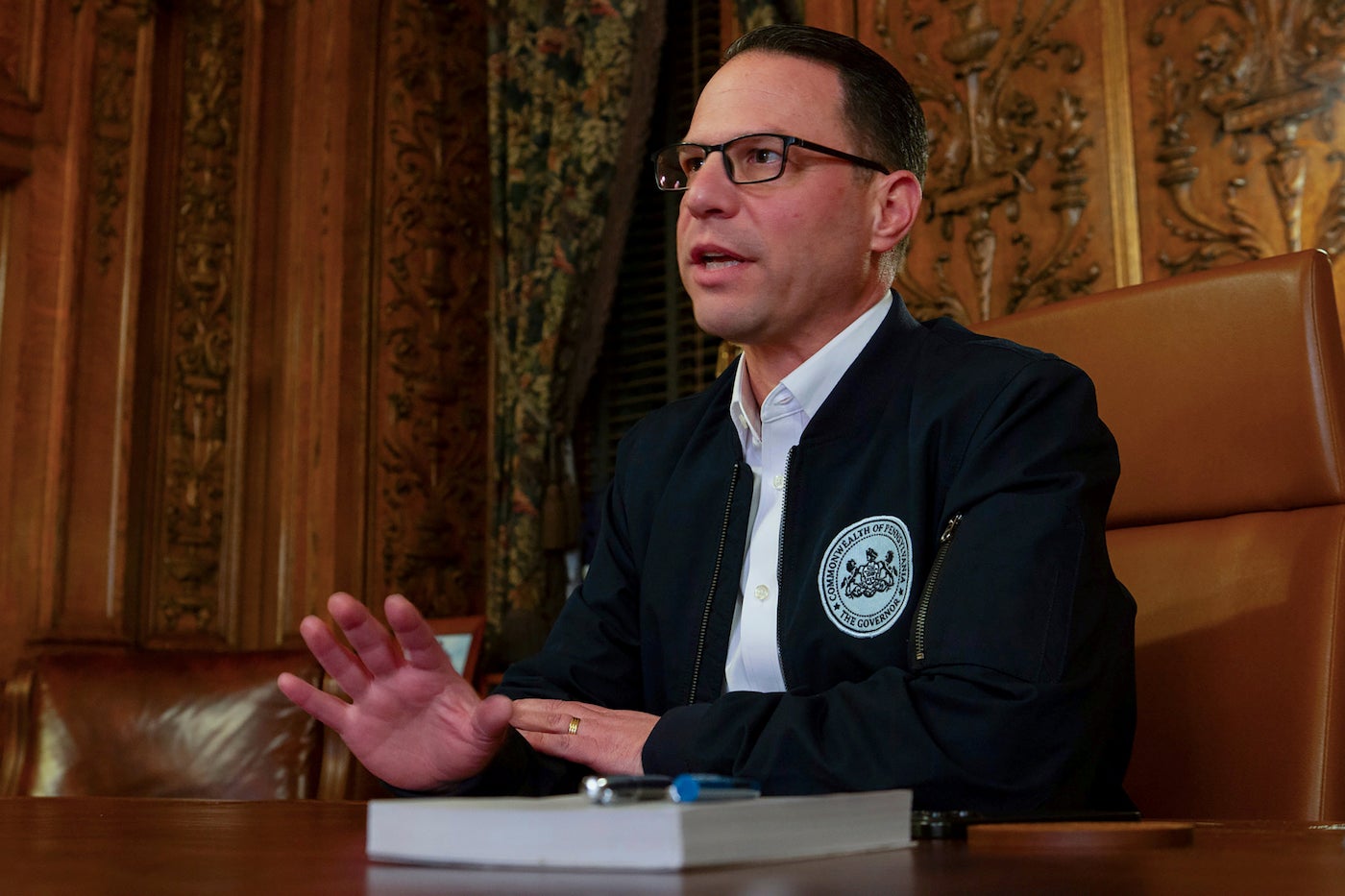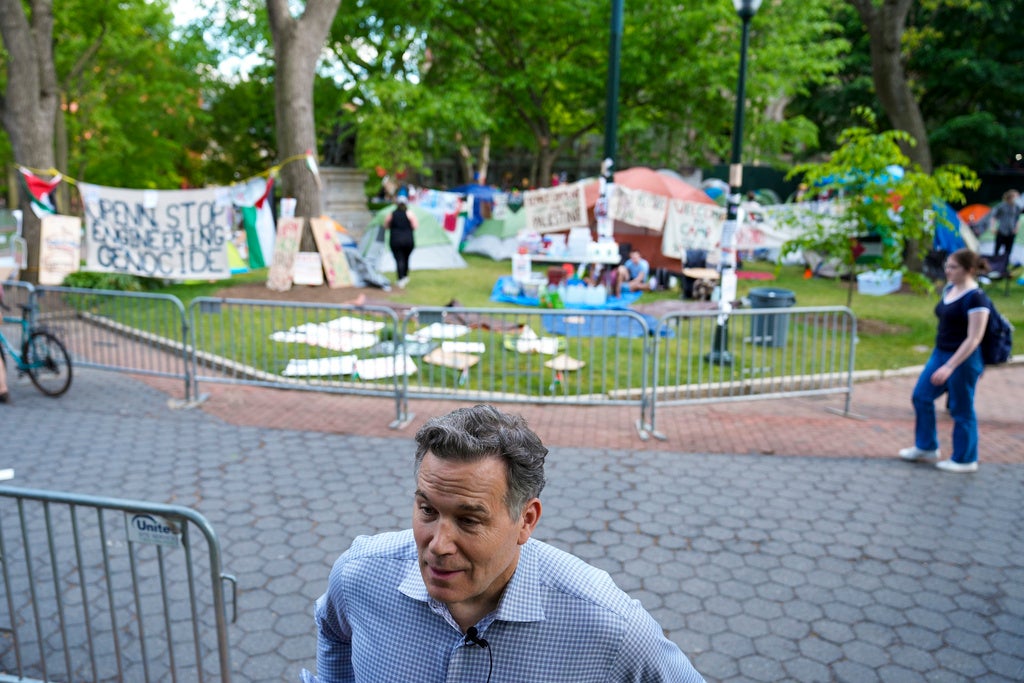Pennsylvania
Pennsylvania Amtrak route – but not the Pennsylvanian – is the most punctual in all of America


Pennsylvania
Penn grad workers say ‘we’re part of a national movement’ after union win

The Graduate Employees Together University of Pennsylvania, or GET-UP, is behind the drive to affiliate with the United Auto Workers, which often represents student worker unions.
The union election was scheduled for mid-April but was delayed after the University of Pennsylvania tried to exclude several hundred student workers through the National Labor Relations Board appeal process, but the university failed.
There are about 4,000 eligible graduate student worker voters. There were 1,807 workers who voted in favor of the union, 97 voted against it and there were 417 challenged ballots.
The ultimate size of the union will likely be several thousand workers, but the exact number is expected to fluctuate depending on when student workers graduate or their appointments end.
The university is waiting for official certification of the results by the National Labor Relations Board but recognizes the union election’s unofficial results.
“At Penn, we engage as a community to advance what is important to us all — a dynamic and supportive academic environment,” said Ron Ozio, a spokesperson for the University of Pennsylvania, in a statement. “We look forward to working with representatives from the UAW to continue this important mission for Penn’s graduate and professional students.”
Graduate students at the University of Pennsylvania earn a minimum stipend of $38,000 during the academic year. The biggest increase happened in the past year, when the minimum stipend increased by $8,000.
The university estimates the value of its funding packages for Ph.D. students, which include scholarships to cover tuition and fees, stipends, medical insurance and gym memberships, is $88,244.
Graduate students typically spend about six years working towards their Ph.D. degrees, which means there’ll be turnover in union members.
Dozens of student workers have already graduated in the past four years, but organizers say there’s more behind them ready to step up.
“We’re always bringing in new worker organizers who are in their first or second year. It’s really important for the long-term health of the union at Penn to do that,” Schirvar said.
Nationwide, colleges rely more on graduate student worker labor, said Celine McNicholas, director of policy at the Economic Policy Institute, a non-partisan think tank in Washington D.C.
“Universities have increasingly shifted teaching duties away from those 10-year-track faculty onto graduate students, adjuncts and instructors,” McNicholas said. “That leaves a large portion of the research and teaching at some of the most prestigious universities really being done by folks who are there pursuing their own education.”
There were two previous unionization efforts by GET-UP at the University of Pennsylvania that were not successful.
In 2003, the first unionization effort at the University of Pennsylvania died after the National Labor Relations Board ruled against graduate student unions at private universities. At the time, the federal agency was overseen by the Bush administration.
In 2017, the National Labor Relations Board ruled that all graduate students at the University of Pennsylvania — including those in the business and engineering schools — should be eligible to vote.
By 2018, GET-UP withdrew its union petition during the Trump administration as a strategic move.
Now Trump is on the presidential ballot again this November. It’s unclear what the National Labor Relations Board under Trump may do. But in the past, it ruled against private university student worker unionization efforts. If the University of Pennsylvania and GET-UP don’t ink a contract before those changes, the union could have little recourse about a lack of bargaining in good faith.
But graduate student workers do have some leverage as the lynchpin of the university academic workforce.
“It’s not like Starbucks where you can just close the coffee shop or fire all the baristas and hire more people off the street,” said Ruth Milkman, professor of sociology and labor students at the City University of New York. “Graduate students are highly skilled and not that easily replaced. So that doesn’t mean [the university] won’t drag it out, but that they have some leverage.”
There’s been much more stress about student debt and fewer tenure track jobs waiting for graduate student workers when they graduate.
“That’s been building up for a long time but it’s getting worse,” Milkman said.
Pennsylvania
Pa. Senate approves GOP's $3B tax-cutting plan

Republicans contended that such tax cuts would improve household budgets and stoke the economy in a state that desperately needs to step up its growth and appeal to keep pace with faster-growing states.
Shapiro’s administration expects to have $14 billion in reserve by the end of June, and what to do with it has been the subject of debate in Harrisburg.
In a statement, Shapiro didn’t say whether he supports it, but did welcome a conversation about what to with the state’s surplus.
“With this proposal, Senate Republican Leaders are coming to the table and acknowledging that we must invest in Pennsylvania’s future,” his office said.
Democrats sought to attach tax breaks for the lowest earners — rejected by Republicans — and criticized the bill as lacking transparency, having emerged barely 24 hours before the vote.
They also said it lacks any help for public schools, considering last year’s court decision that found Pennsylvania’s system of funding public schools violates the constitutional rights of students in poorer districts.
Sen. Sharif Street, a Democrat from Philadelphia, said that attracting companies and new residents is about more than tax rates. People want a good quality of life, like good public schools and safe communities, and cutting taxes doesn’t help Pennsylvania improve its poor track record on funding schools and public safety, Street said.
“It will not attract growth to Pennsylvania, it will not attract jobs and it is a failed strategy,” Street said during floor debate.
The Senate GOP’s tax legislation would reduce the personal income tax rate from 3.07% back to the 2.8% level where it was before lawmakers in 2003 raised it to fill a deficit amid a foundering economy.
The bill also would eliminate the 4.4% gross receipts tax on the profits of private electric utilities, a tax that dates back to the 1800s and and is passed through to commercial and residential electric customers.
Shapiro’s $48.3 billion budget proposal, released in February, envisioned a $3 billion increase in spending, or about 7%, while leaning on Pennsylvania’s flush reserves to help underwrite it.
Shapiro’s plan would send billions more for underfunded public schools, public transit, services for the intellectually disabled, higher education and major industrial and high-tech projects to invigorate a slow-growing economy.
To balance, the proposal would shrink the state’s cash reserve from $14 billion to $11 billion. It has the backing of top Democratic lawmakers, but it has yet to see a vote in either chamber.
Republicans say that Shapiro’s spending plan puts the state on a path to drain the surplus within a few years and require a tax increase, given the state’s slower-growing tax collections.
The surplus began accumulating during the COVID-19 pandemic, when billions in federal aid covered some bills the state would normally pay and rising inflation pushed up tax collections on income and sales.
Pennsylvania
Pa. Senate race among many roiled by campus protests over the war in Gaza

Casey, long a staunch supporter of Israel, has criticized acts of antisemitism on campuses and pointed to legislation he sponsored as a way to make sure the Education Department takes action.
“Students of course have the right to peacefully protest, but when it crosses the line either into violence or discrimination, then we have an obligation to step in and stop that conduct,” Casey said Thursday as he urged colleagues to pass his bill.
Democratic Sen. Jacky Rosen of Nevada, who is Jewish and facing reelection, said she was “horrified” by displays of antisemitism on campuses and, like Casey, called for the department to hold schools accountable.
In California, U.S. Rep Adam Schiff, the Democratic nominee for an open Senate seat, took aim at the Columbia demonstration and said “antisemitic and hateful rhetoric is being loudly and proudly displayed.” Accused by Garvey of being “incredibly silent” on the protests, Schiff, who is Jewish, voted for a House bill similar to Casey’s and released a statement that condemned violence and the “explicit, repeated targeting and intimidation of Jewish students.”
Republicans elsewhere contended statements by Democrats were equivocating and inadequate.
Republicans called out Sen. Sherrod Brown, D-Ohio, after he told an Axios reporter last week that he was “not going to talk about the politics of that. People always have the right to speak out and should.”
His Republican opponent, Bernie Moreno, charged that Brown had “wholeheartedly endorsed these vile and violent antisemitic demonstrations.”
Later, at a news conference, Brown gave more expansive comments. “Students want to make their voices heard, they need to do it in a way that’s nonviolent, they need to do it in a way that doesn’t spew hatred, and laws need to be enforced,” he said.
In Michigan, which has a relatively significant Muslim population, Biden’s handling of the war is expected to factor heavily into the presidential and Senate races.
Rogers, a favorite for the GOP nomination, thanked New York City police for confronting protesters and “standing up to protect Jewish students at Columbia from the visceral hatred we’ve witnessed from Hamas sympathizers on their campus.”
Republicans argued that U.S. Rep. Elissa Slotkin, the front-runner for the Democratic nominationfor Senate, had not spoken out strongly against protests at Columbia, her alma mater, and that she took five days after they began to say anything at all.
Slotkin, who is Jewish, said in an April 22 statement — the most recent wave of demonstrations began at Columbia on April 17 — that “the use of intimidation, antisemitic signs or slogans, or harassment, is unacceptable.”
It was, she suggested, a complicated topic.
“I would rather be thoughtful and take more time than have a knee-jerk answer for any issue,” Slotkin said in an interview. “But especially this one.”
-
Movie Reviews1 week ago
Challengers Movie Review
-

 Politics1 week ago
Politics1 week agoHouse Republicans brace for spring legislative sprint with one less GOP vote
-

 World1 week ago
World1 week agoAt least four dead in US after dozens of tornadoes rip through Oklahoma
-

 Politics1 week ago
Politics1 week agoStefanik hits special counsel Jack Smith with ethics complaint, accuses him of election meddling
-

 Politics1 week ago
Politics1 week agoAnti-Trump DA's no-show at debate leaves challenger facing off against empty podium
-

 News1 week ago
News1 week agoAs student protesters get arrested, they risk being banned from campus too
-

 World1 week ago
World1 week agoNine on trial in Germany over alleged far-right coup plot
-

 News1 week ago
News1 week agoVideo: Police Arrest Columbia Protesters Occupying Hamilton Hall















